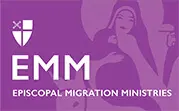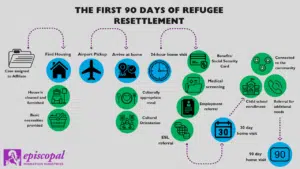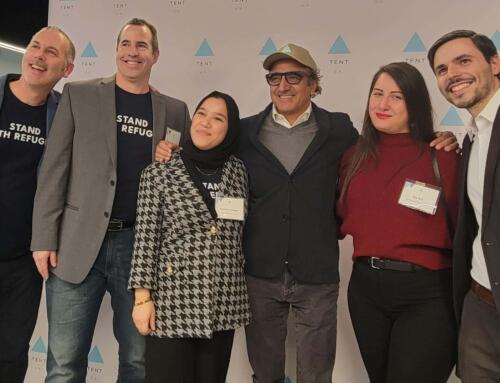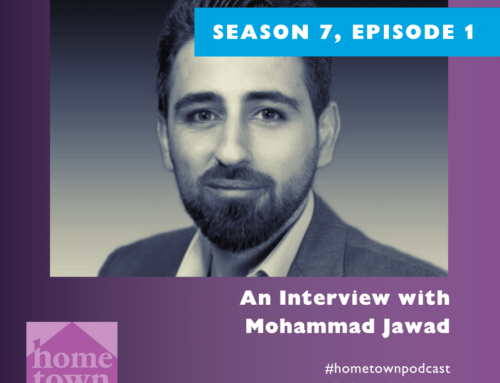Our series on community sponsorship begins with an exploration of a relatively new form of engagement: Remote Placement Community Partners (RPCPs). RPCPs take responsibility for ensuring that one or more refugees (often admitted as a “case” or family grouping) receive the “core services” to which they are entitled through the federal Reception and Placement program. An RPCP is supported in this role by one of the national refugee resettlement agencies who oversees the process and provides guidance to the RPCP, just as they normally do for the affiliate organizations who are part of their network.
As opposed to some other forms of sponsorship, such as the Welcome Corps program of private sponsorship, RPCPs and the refugees they resettle receive the same kind of financial support from the federal government that is offered to refugees resettled by established organizations: in FY23, a per capita grant of $2,375 per refugee. RPCPs also receive training and on-going support from EMM (or another national resettlement agency) throughout the process.
What then makes an RPCP different from an established resettlement organization?
First is their location. “Remote” means that the communities where refugees are resettled are at least 100 miles from any existing resettlement organizations in that state. Being at this distance from existing organizations, RPCPs agree to take on or find partners to provide the initial resettlement “core services” to the newcomers they are welcoming. These include help obtaining work authorization, medical screenings, benefits such as health care, enrollment of children in school, assistance with the basic costs of living, finding suitable housing, employment, adult ESL instruction, and cultural orientation.
The “core services” that need to be provided within the first 90 days of refugees’ arrival in the U.S. are set by the federal government as requirements for its funding of the Reception and Placement program.
A second difference between RPCPs and established resettlement organizations relates to their capacity. Most RPCPs begin by welcoming one “case” or family group and providing the core services for the first 90 days after arrival. As RPCPs become familiar with the process and experience the rewards of doing this kind of work, many choose to take on additional cases. But at the outset, RPCPs are smaller operations led by community members who typically have other full-time employment and are often new to refugee resettlement.
Watch for the next installment in this series, where we will learn about what led a group of people in rural Kentucky to become an RPCP, and what they discovered along the way.






